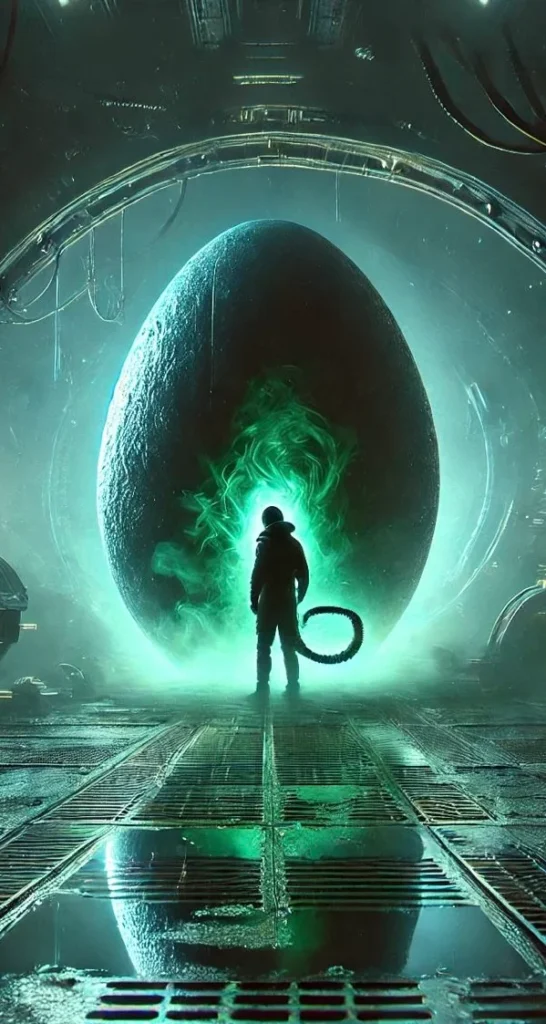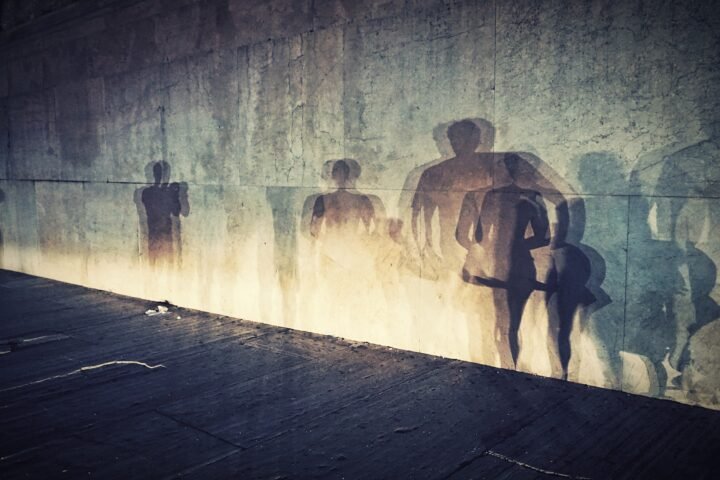যে জাতি তার মাতৃভাষাকে অবহেলা করে, সে জাতি তার আত্মপরিচয় হারায়। / A nation that neglects its mother tongue loses its identity. ~ Shah Waliullah Dehlavi (RA)
Shah Waliullah Dehlavi (RA), an 18th-century Islamic scholar, emphasized the importance of preserving cultural identity through language. This quote, originating from his writings, resonates deeply with those who cherish their heritage.
Episode 1: The Art of Precision
Sarah’s knife glides across the silver-scaled moon bass, its flesh parting in clean, precise strokes. The fish is one of the easiest to catch, thriving in the shallow waters just beyond the sandbars where the tides shift gently, drawing them in. It is a staple of their diet, one of the species selected for its adaptability when the colony was first established. Hardy, fast-breeding, and responsive to familiar breeding patterns, it was an obvious choice to bring as embryos when Perseverance first touched down on Sion-Mecca 9. Over the years, the colony has developed a deep understanding of its habits, ensuring that their fishing remains sustainable.
Sarah moves with a practiced efficiency, fingers steady, hands sure. She does not waste motion. Each flick of her wrist is deliberate, a rhythm carved into muscle memory from years of repetition. The sharp edge of the knife follows the natural contours of the fish, slipping beneath the delicate membrane that separates flesh from bone. A single stroke, smooth and unbroken, peels away the fillet, revealing the translucent pinkish-white meat beneath.
She inspects the blade with a critical eye, turning it slightly to catch the morning light. It is still sharp, but she will need to hone it again soon. A dull blade is dangerous and unpredictable. She learned that lesson years ago and has never made the same mistake twice. Carefully, she places the fillet into a woven reed basket beside her, lined with damp sea grass to keep the meat cool under the rising sun.
The wooden table beneath her is dark with years of use, worn smooth by the salt air and the passage of countless filleted fish. Its surface is riddled with fine grooves, shallow trenches left behind by knives that have dulled or blades that have slipped. Small rivulets of water trickle across the grain, pooling briefly in the grooves before spilling over the edges and onto the sand below. The table, like everything else here, is built to endure.
She works quickly but methodically, her hands moving with an almost mechanical precision. The next moon bass is already waiting, its gills still fluttering faintly as it takes its last breaths. She mutters a quiet word of gratitude under her breath before placing the tip of the knife just behind its head. A quick, decisive cut. The movement is as much ritual as it is necessity.
The morning sun casts a golden hue over the shore, a soft warmth against her skin as she works. Above her, the sky is a richer blue than any she remembers from Earth, untouched by pollution or artificial interference. The air is crisp, clean and full of salt. The rhythmic sounds of waves carry from the shore, bringing the distant calls of the fishermen into the shallows. Their voices rise and fall with the wind, snippets of conversation and bursts of laughter make Sarah smile with every moment. The ocean stretches endlessly, its vastness unbroken except for a few primitive wooden fishing boats, hand-built over the years by the colonists.
The boats drift lazily over the shallows, the fishermen moving in fluid, familiar motions as they cast their nets. They work in pairs, waist-deep in the water, hauling their catch into the skiffs. A successful morning means full baskets and today, the tide has been kind. Jonas calls out as he lifts a particularly large moon bass from the net, the fish thrashing wildly against the woven fibers. Mathew laughs, steadying the boat as Jonas struggles to contain his prize.
Sarah pauses to watch for a moment, her lips curling into a small, knowing smile. She can hear Mathew’s voice even from here, carrying over the water as he teases Jonas about losing the fish if he is not careful. Their bond is easy, built on years of trust and shared labor.
She turns back to her work, wiping her hands on the cloth tied at her waist before reaching for the next fish. The pile is smaller now, but the work is far from done. There is a comfort in the routine, in the steady rhythm of knife against flesh, in the simple certainty of providing for her family.
Not far from her station, a group of children shriek and run across the sand, their bare feet kicking up soft white grains as they dart between driftwood and scattered shells. Their laughter is bright and untamed, carried on the breeze like music. They are playing statues, one of their favourite games.
Lina watches everyone intently, her dark eyes scanning the others for the smallest twitch, the briefest movement that will betray them. Her gaze is sharp and focused, waiting for the inevitable misstep. Lina is in her element.
The sight of her daughter, so full of life and so utterly free, fills Sarah with a quiet sense of contentment. This is home. The work, the sea, the laughter of children in the background. It is everything she has ever wanted. Everything she has fought to build.
She wipes the blade clean against her apron and reaches for the next fish.









